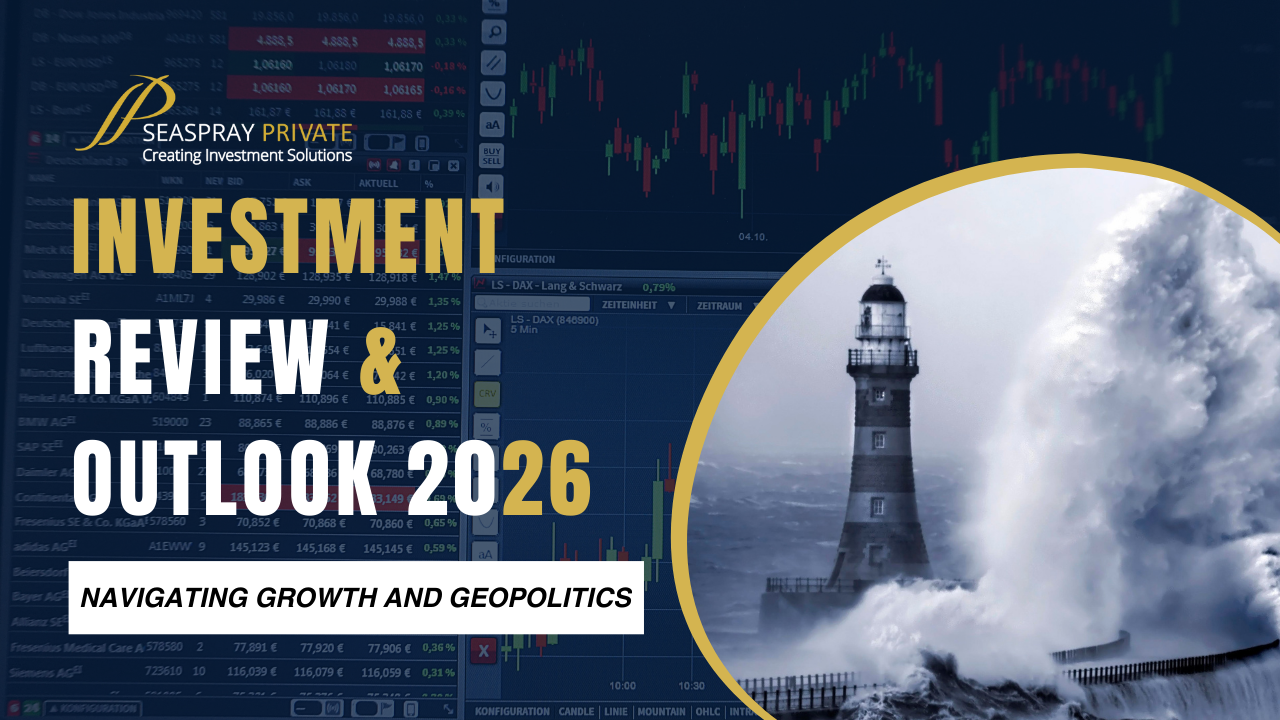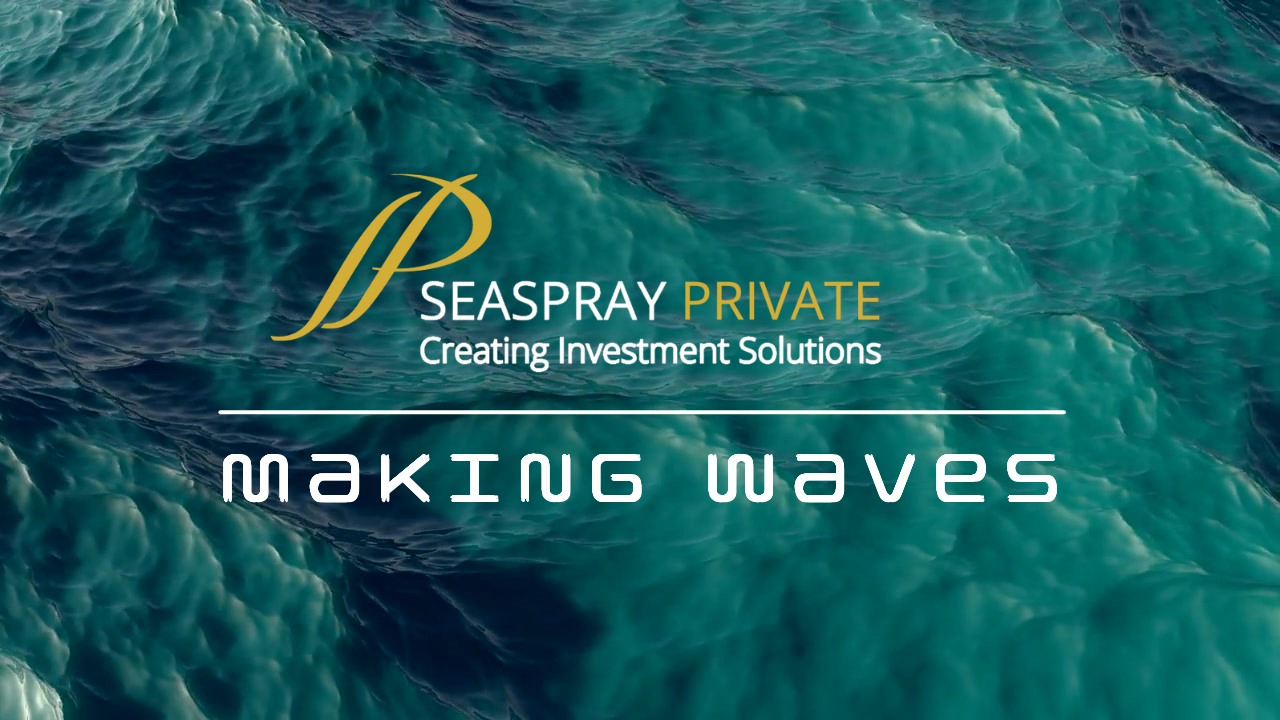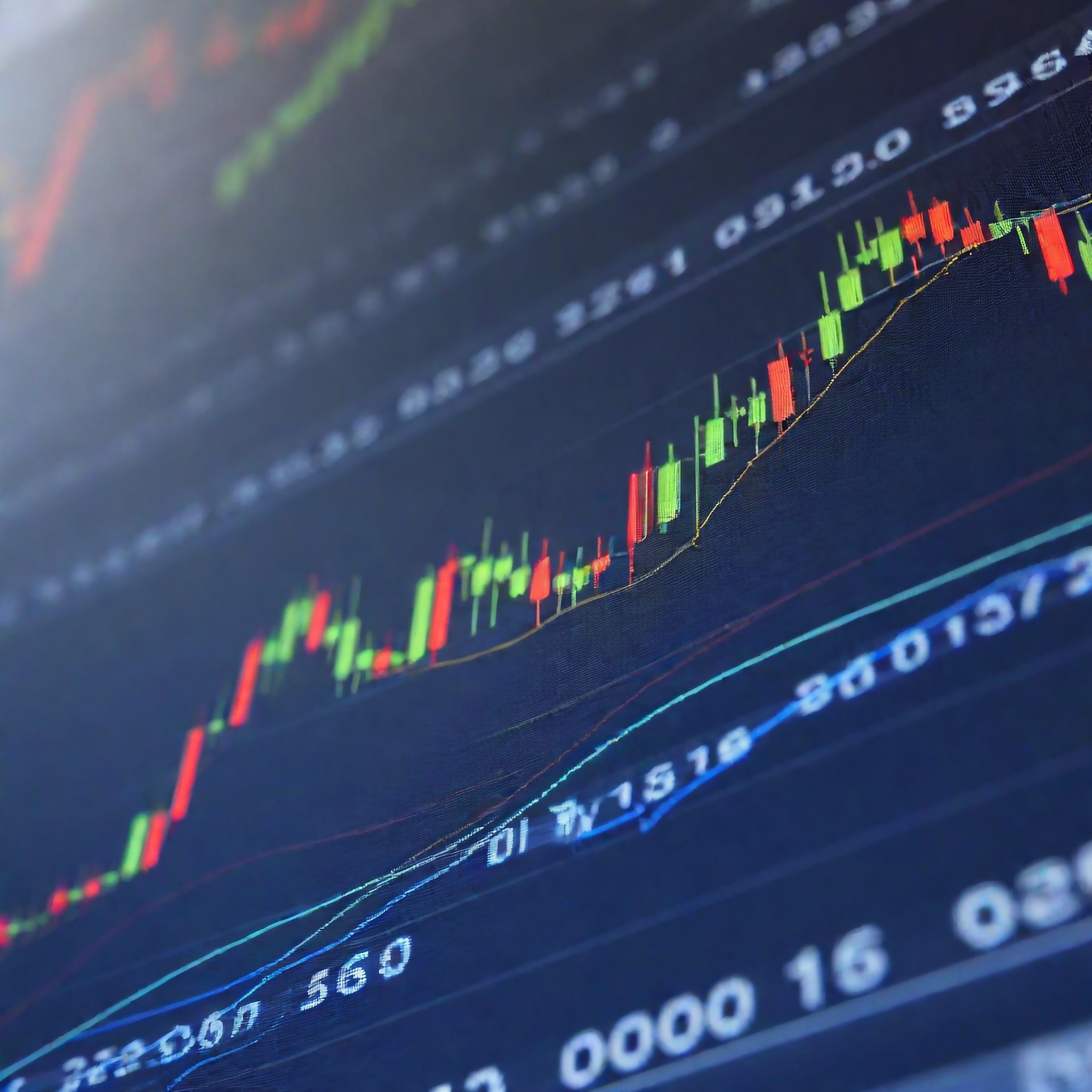In the US, equity markets rallied during a shortened trading week to reach all-time highs, driven by a combination of strong economic data and newly signed trade agreements. A trade deal was struck with Vietnam, under which tariffs on Vietnamese imports to the US will be reduced to 20%, down from the 46% imposed during Liberation Day. However, in a move potentially detrimental to China, the US maintained tariffs of 40% on trans-shipping—believed to target Chinese re-exports to the US. On the economic front, nonfarm payrolls increased by 147,000 in June, significantly surpassing expectations of 110,000. This strong jobs report is likely to reduce pressure on the Federal Reserve, suggesting that an interest rate cut may now be delayed until at least September. Following the news, the US dollar rebounded, recovering from its worst start to any year since 1973. In corporate news, Oracle shares hit a new record high after the cloud computing company announced a $30 billion contract—more than triple the annual revenue generated by its fastest-growing division. In the 2025 fiscal year, Oracle reported $10.3 billion in cloud revenues. The new contract, with revenue expected to commence in 2028, is therefore highly significant. Oracle’s market capitalisation has grown by 31% so far in 2025, with the company—founded in 1977—now valued at $620 billion. Continuing with the tech sector, Palantir, a standout performer in the ongoing AI boom, announced a partnership with a subsidiary of Dublin-based Accenture to develop commercial-grade AI solutions for US federal agencies, aimed at optimising workflows. Palantir shares rose 4% on the news, bringing the year-to-date gain to a remarkable 76%. Globally, more than half of the world’s equity markets reached new all-time highs over the past fortnight, according to the All Country World Index—the highest level in over a decade. This surge comes nearly three months to the week after President Trump announced his reciprocal tariffs, which initially triggered double-digit drawdowns in major economies. For the week, the S&P 500 and NASDAQ both closed higher, up 1.91% and 1.82%, respectively.
In Europe, markets retreated as tensions grew between the EU and US regarding a potential trade agreement. The prevailing expectation is that a 10% tariff baseline will remain on EU exports to the US, although the bloc is pushing for concessions in key sectors such as semiconductors and pharmaceuticals. However, the US threatened tariffs of 17% on food exports on Friday. The Euro reached its highest level since August 2021 last week, supported by positive EU inflation data. BBVA confirmed its intention to proceed with its proposed €11 billion acquisition of rival Sabadell, despite Spanish regulators insisting the two companies must remain operationally separate for three years before a full merger. In the AI sector, 76 companies have submitted bids to build gigafactories across Europe, reflecting the region’s growing appetite for AI infrastructure. While the EU still trails the US in terms of AI investment and growth, spending is projected to exceed $144 billion by 2028. In the renewables space, Poland’s clean energy usage surpassed coal for the first time in June—a landmark achievement for the EU’s most coal-dependent nation. For the week, the Euro Stoxx 50 and STOXX 600 indices closed lower, falling -0.68% and -0.70%, respectively.
In the UK, the FTSE 100 edged higher during a politically turbulent week in Westminster. Concerns over the gutted Welfare Bill and speculation about Chancellor Rachel Reeves’s position caused the index to decline midweek. However, strong backing from Prime Minister Keir Starmer helped stabilise markets, and the FTSE 100 ultimately closed the week up 0.68%.






